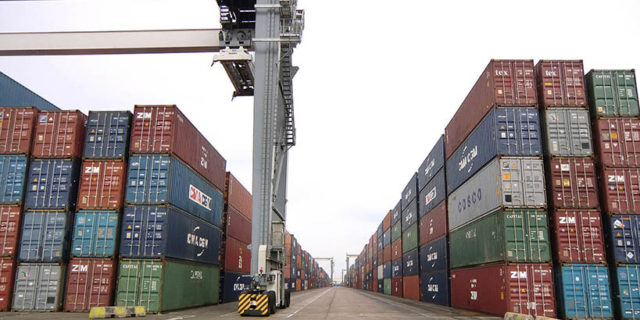USAID Warns Nigeria, Others Of Looming High Food Prices

Following recent developments that have temporarily halted the ability of Ukraine to export food to African countries, the United States Agency for International Development (USAID) has raised an alarm over looming higher food prices.
This development was announced by USAID’s Deputy Administrator for Policy and Programming, Isobel Coleman, at a virtual press conference.
According to her, Russia’s decision to withdraw from the Black Sea Grain Initiative had already begun to trigger higher food prices around the world.
She noted the impact of this food price hike would be more felt in developing countries that were import-dependent and had conventionally relied on grain imports from Ukraine.
Coleman said, “One of the world’s largest bread baskets is Ukraine. By doing this, Russia is increasing food prices globally. We’ve already seen how global food prices came down over time after the Black Sea Grain Initiative came into place. Since Russia has pulled out of the agreement, food prices have again been on the rise.
“This affects every country around the world, but it affects, most acutely, large import-dependent developing countries that have to spend much of their precious foreign exchange resources to purchase food to feed their population.”
The Black Sea Grain Initiative was conceived to specifically allow for commercial food and fertiliser (including ammonia) exports from three key Ukrainian ports in the Black Sea, which are Odessa, Chornomorsk, Yuzhny/Pivdennyi.
The Russian invasion of Ukraine in February 2022, led to a complete halt of maritime grain shipments from Ukraine, previously a major exporter via the Black Sea. Additionally, Russia temporarily halted its grain exports, further exacerbating the situation.
This resulted in a rise in world food prices and the threat of famine in lower-income countries such as Nigeria, and the accusation that Russia was weaponising food supplies.







